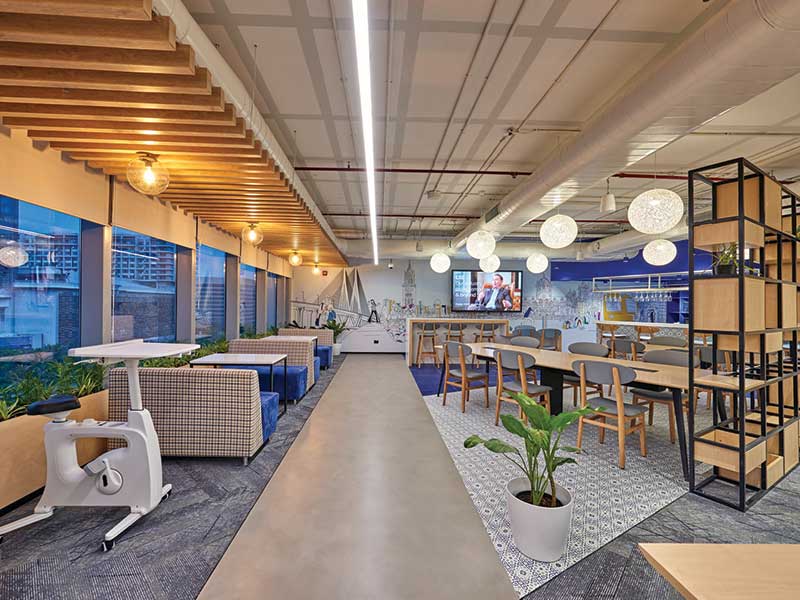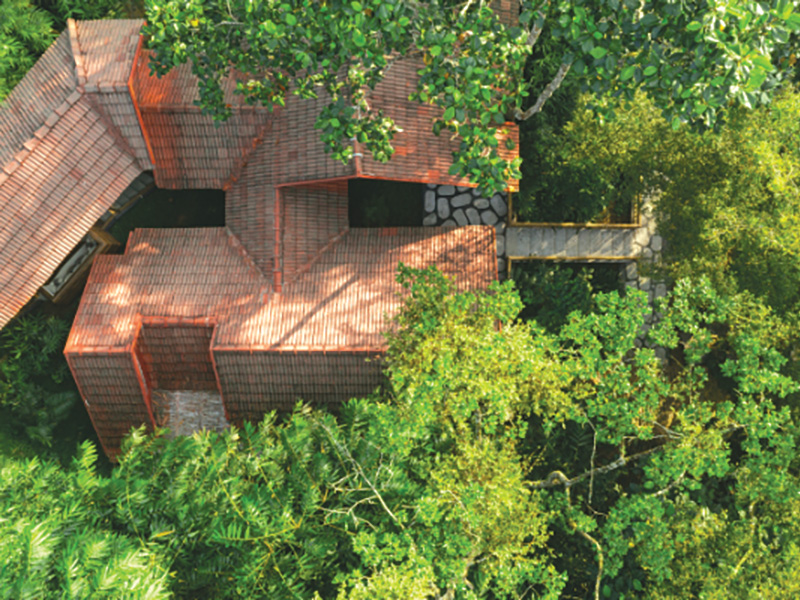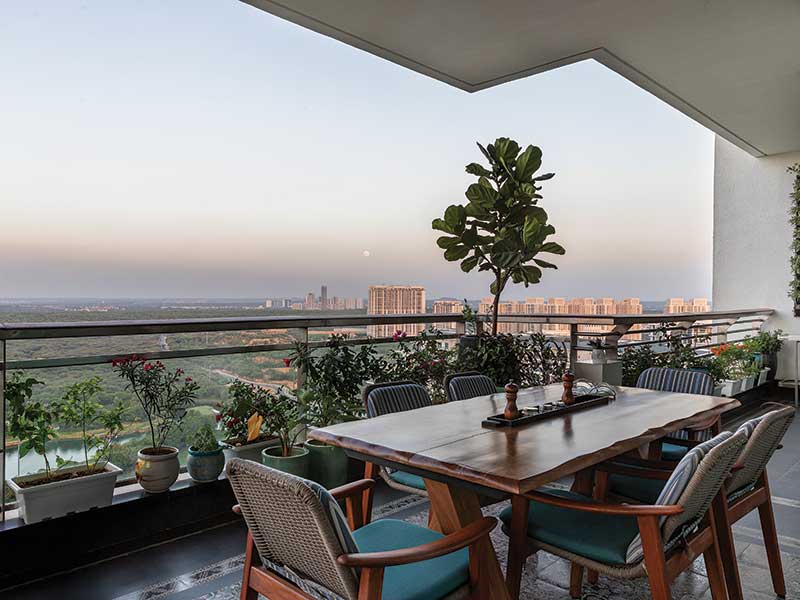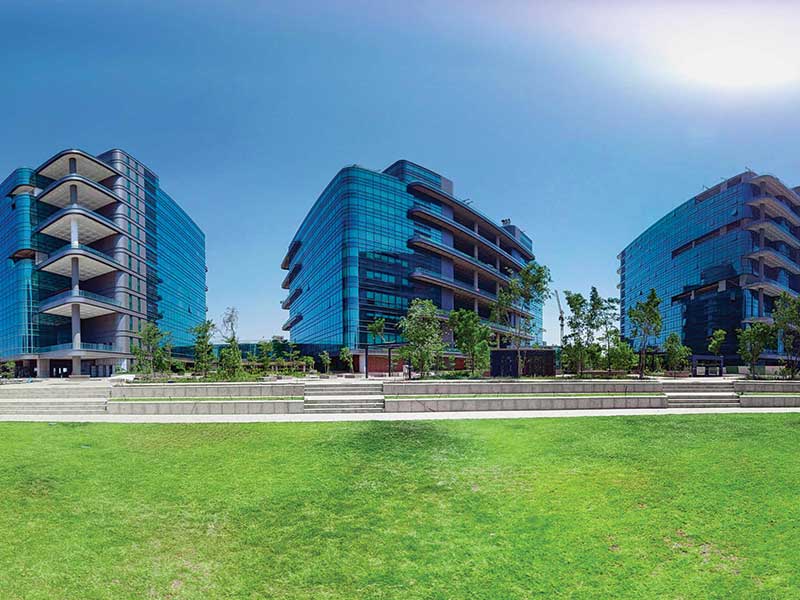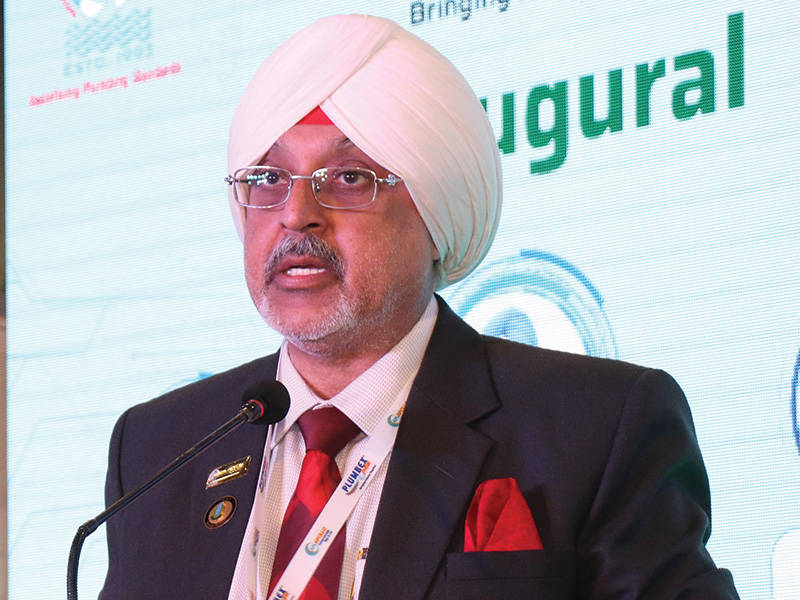With the advancements in material technology, contemporary substitutes like stainless steel have surfaced that aim to fulfil all the modern-day requisites of the user, while having the least negative impact on the environment, writes Mandeep Singh, CEO, JSL Lifestyle.
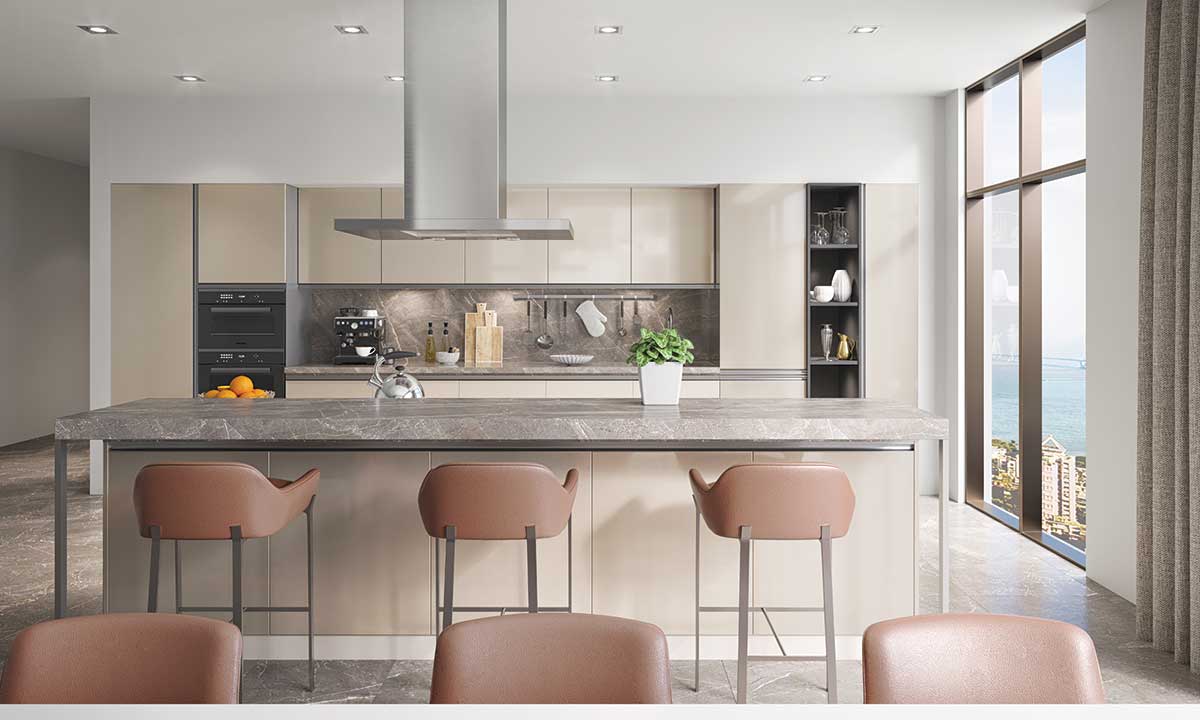
Stainless steel, as compared to other materials, possesses a plethora of qualities that render it as a successful and eco-friendly alloy. Since its increase in production in 2015, this material has been in the process of eliminating its competition in terms of its durable composition, malleable properties, and diversified usage.
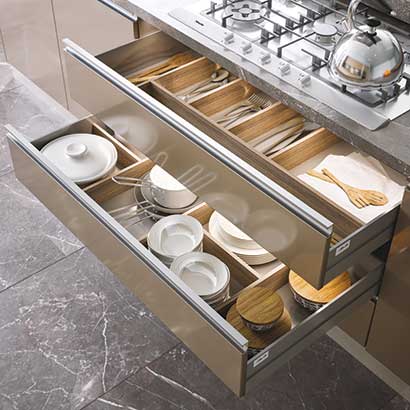
Stainless steel’s innate malleability aids to draw the core element into sheets, wires and any intrinsic pattern, thus creating diverse utilisable options. The low thermal conductivity renders it the most suitable material for sleek product lines for contemporary homes. The utilisation of this multifarious, eco-friendly material includes production of construction components, home décor, service equipment, kitchenware and tableware.
SS does not require any addition of colour or surface coating, by virtue of its classy finish and smooth interface. Thus, during the process of recycling, no artificial compounds are present that may impact the environment or its re-usability. Further, it has been recognised as a 100% recyclable material, provided the constituents are carefully separated. Even slag - the by-product released during production - can be utilised as a road bed material, etc. The long life of SS reduces the need for short-term recycling, and optimises resource utilisation.
At JSL Lifestyle, we use the highest quality of alloy containing 6 to 20% nickel and 18 to 30% chromium, thus curating assets that are not only alluring but efficient in their functioning too. These include kitchens, tableware, homeware, plumbing solutions and infrastructure products that can last a lifetime
Mandeep Singh, JSL Lifestyle




